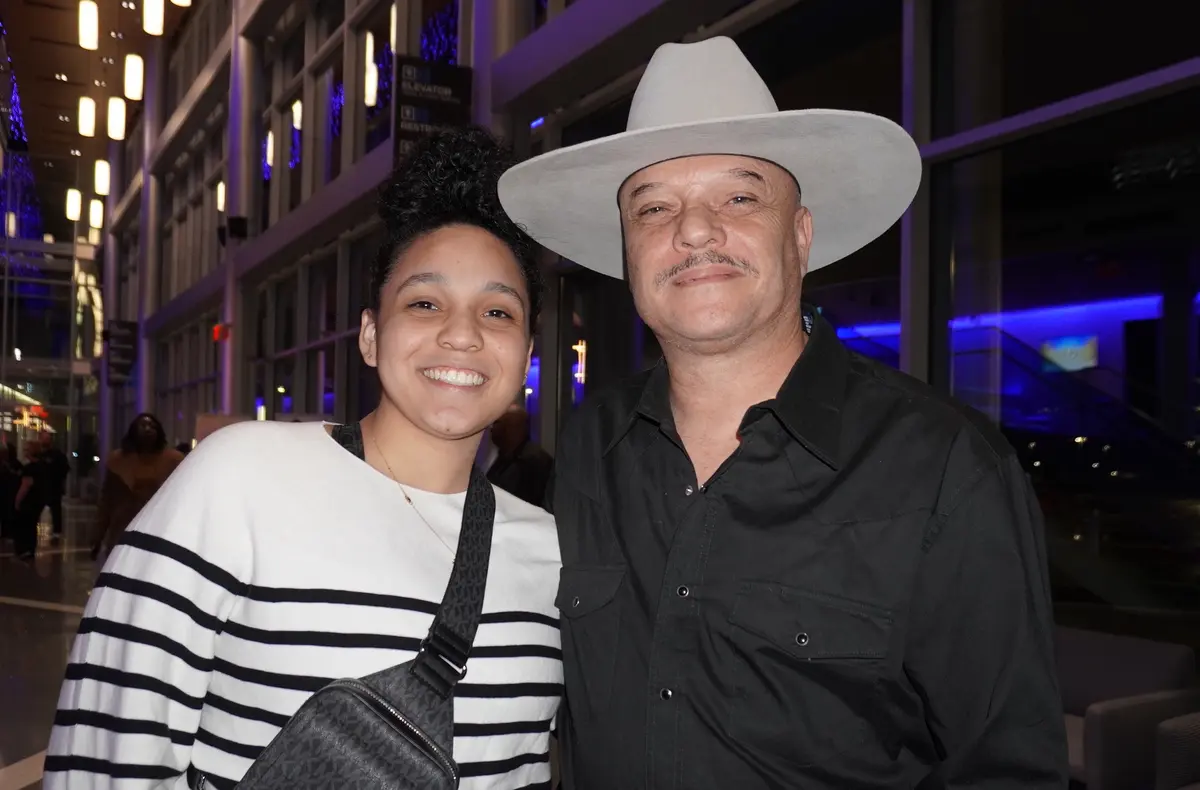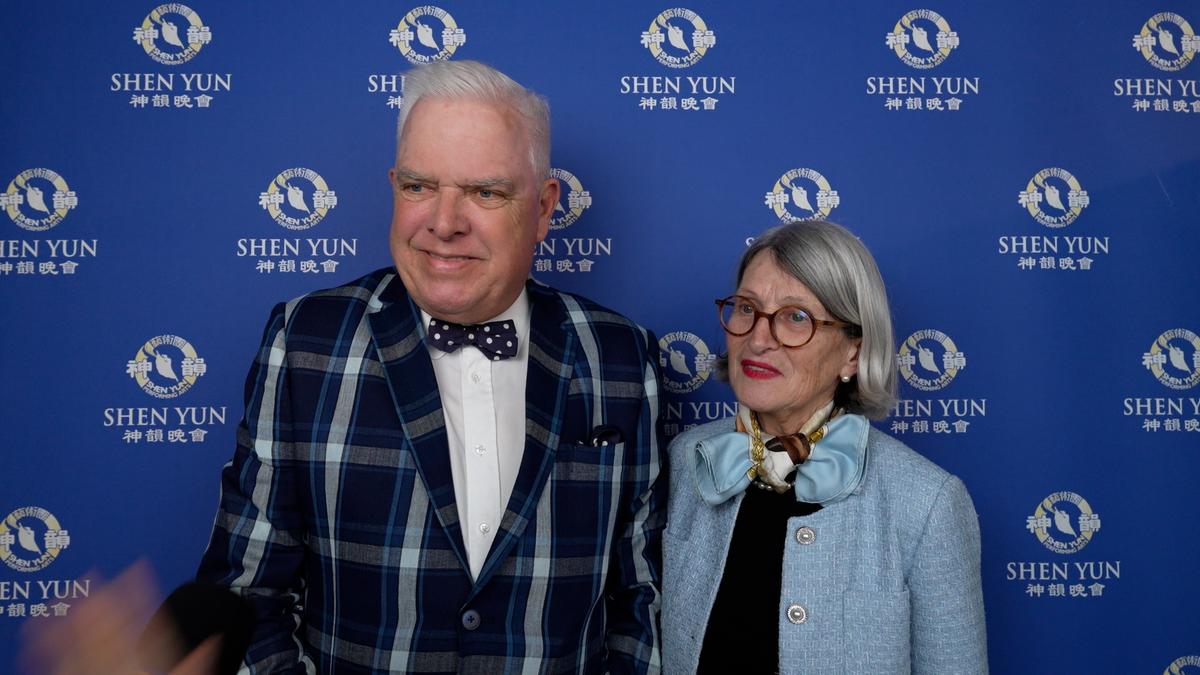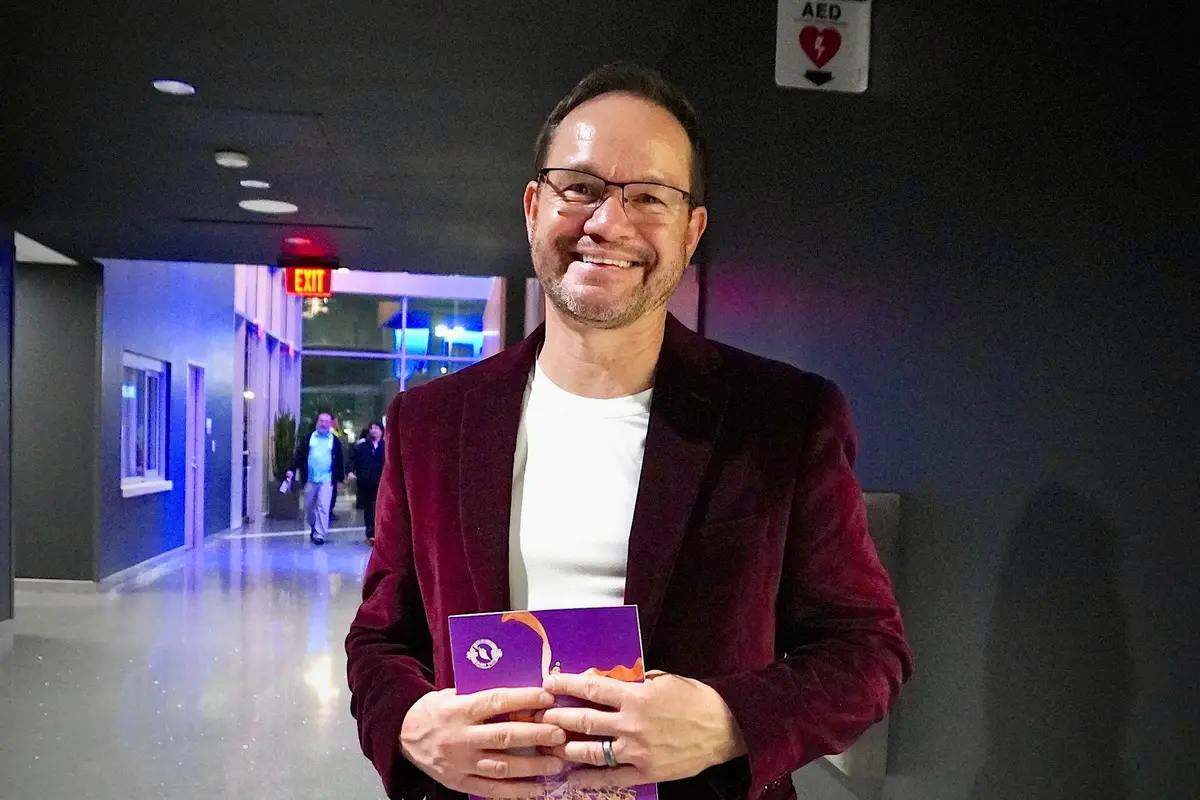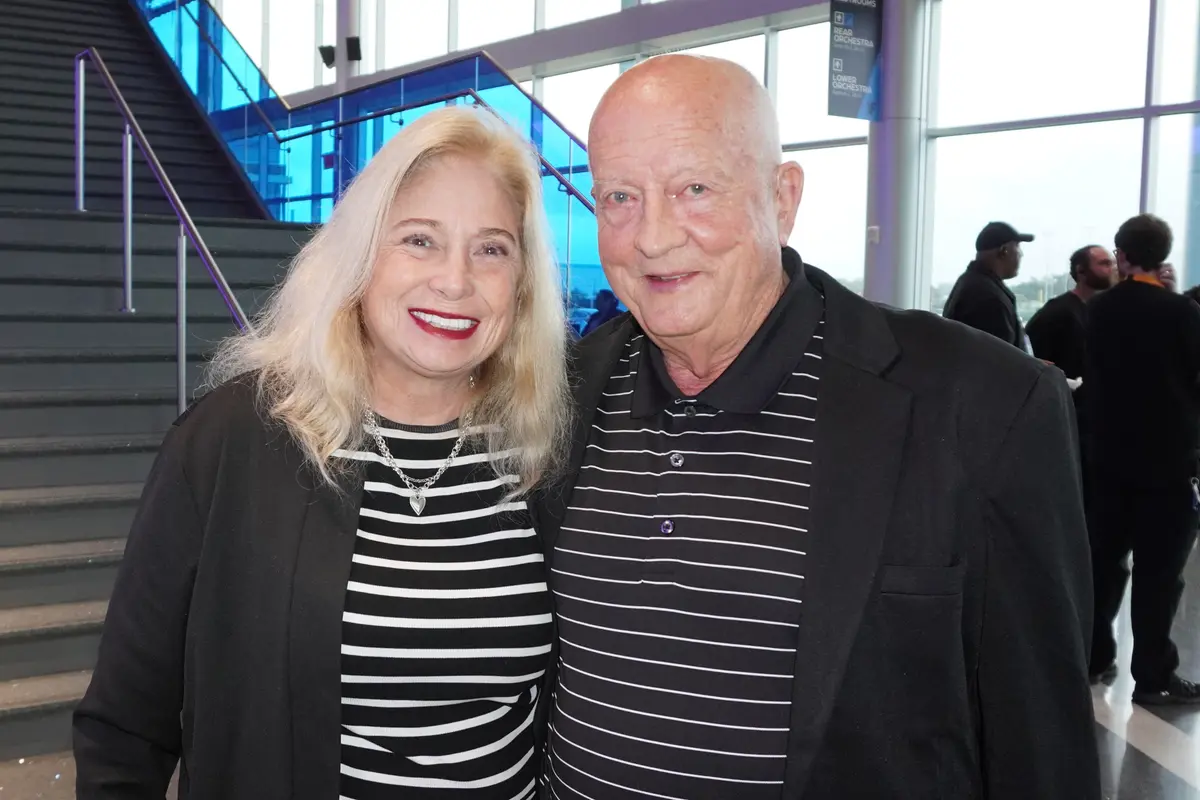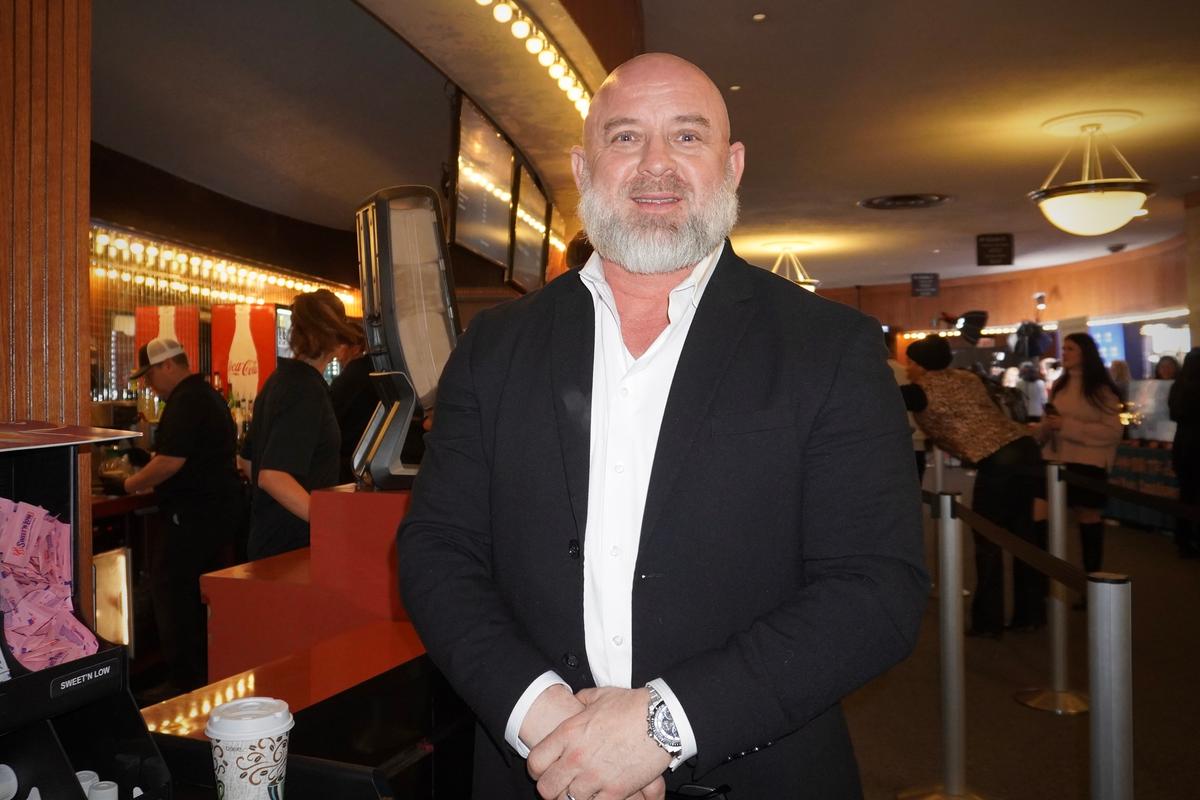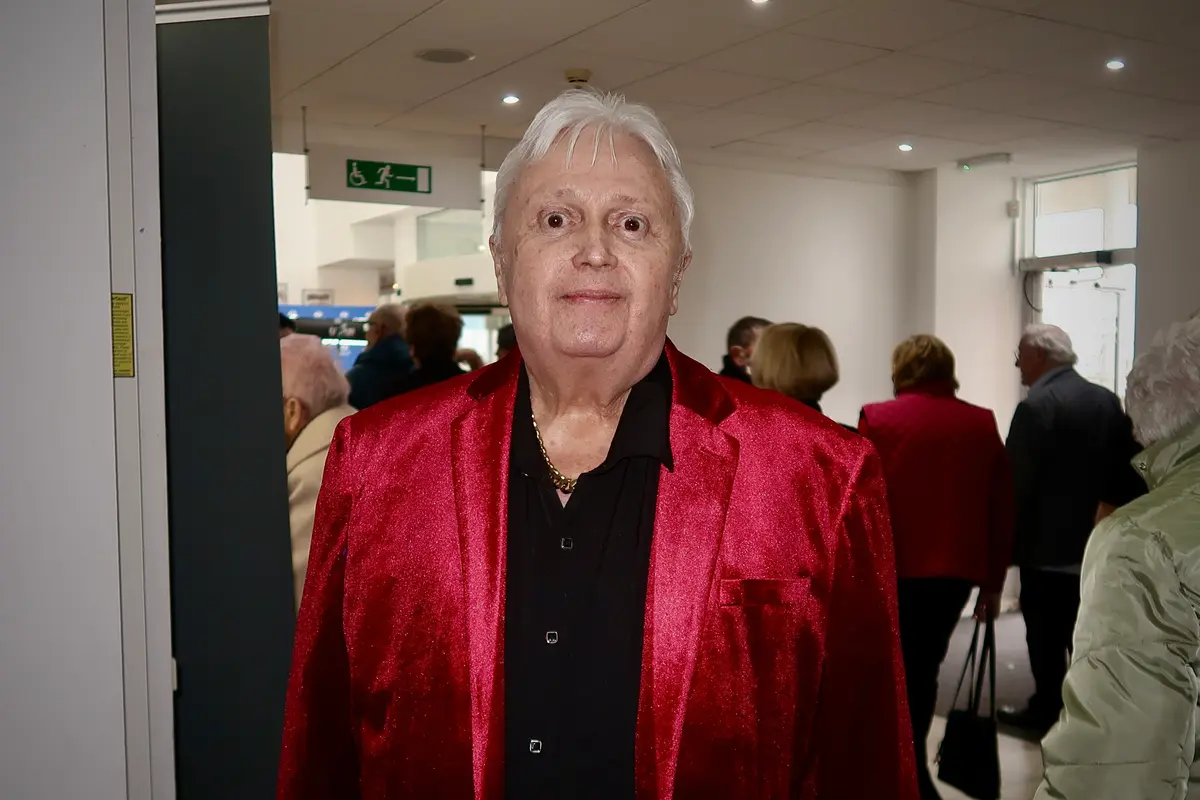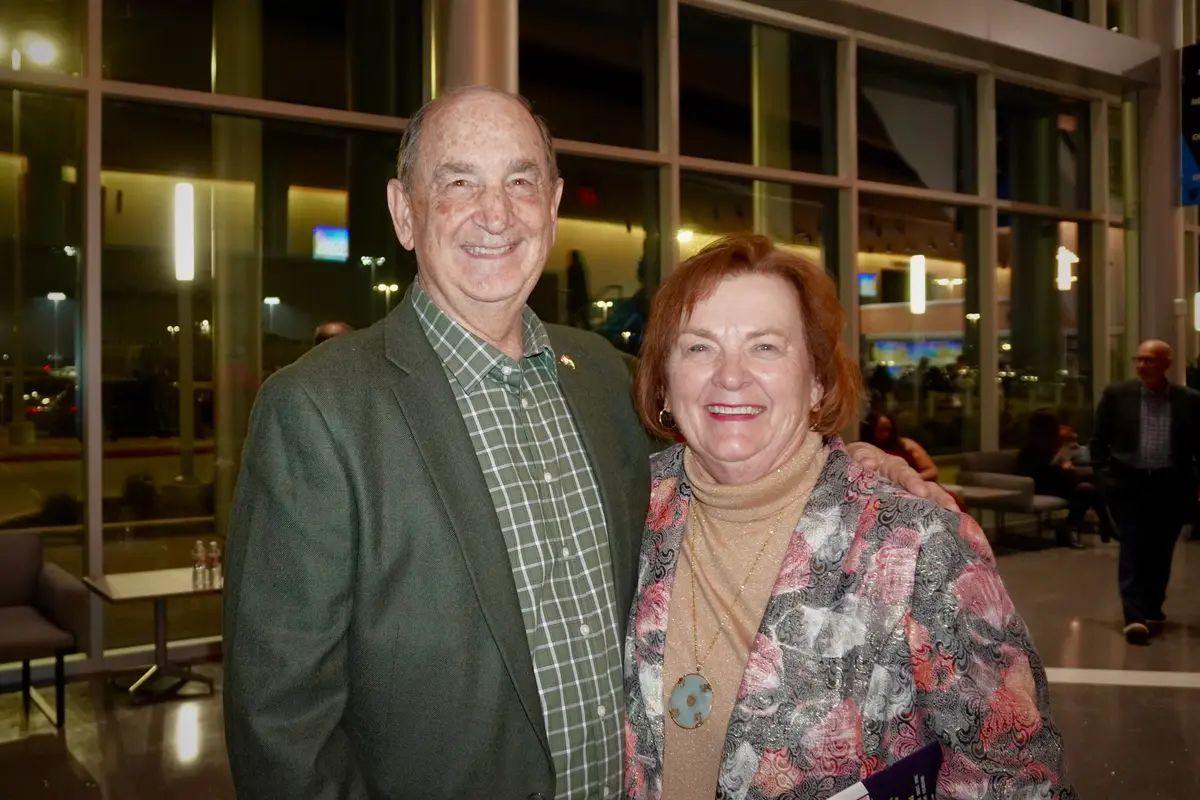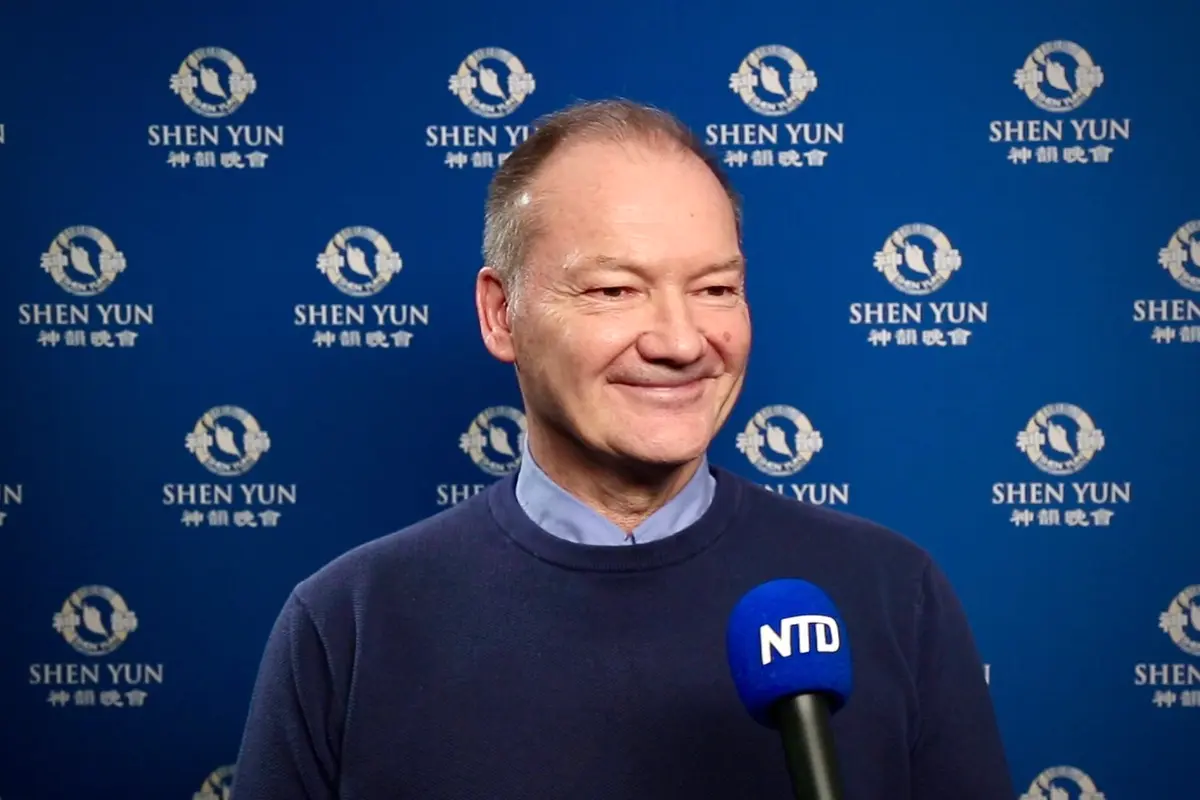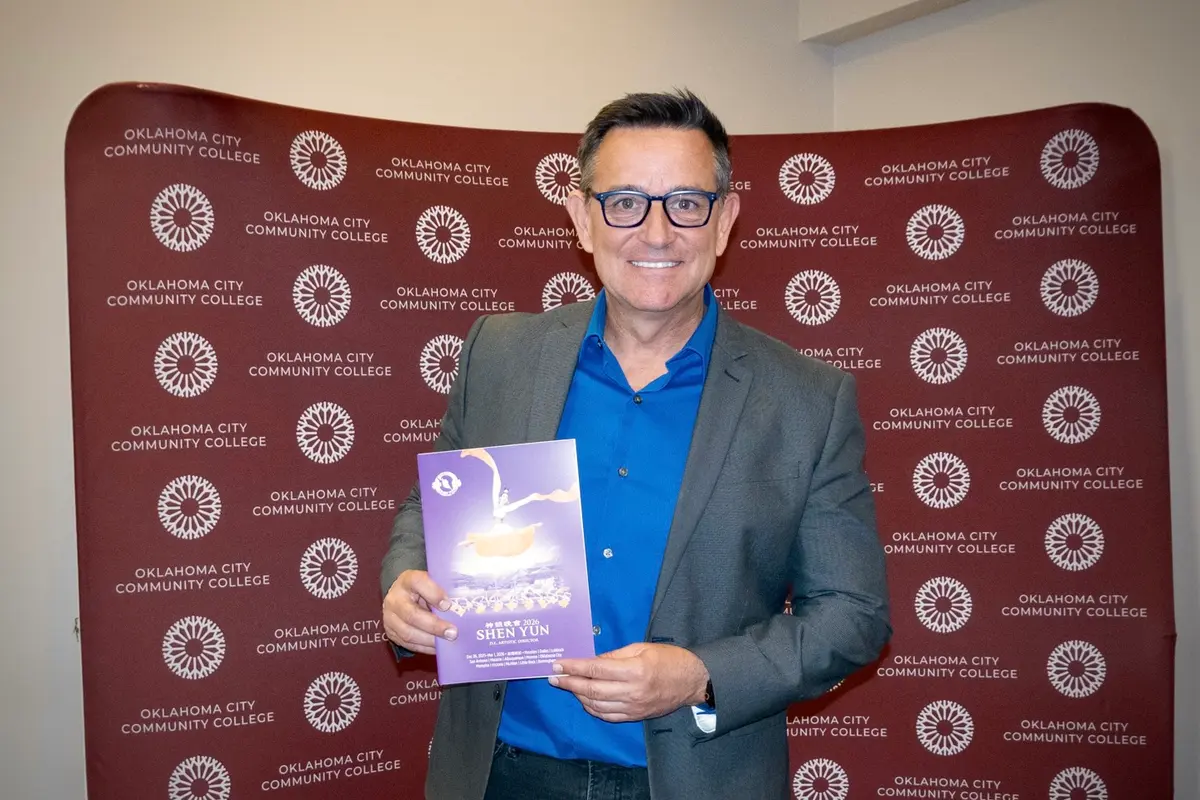Today, the words “made in China” conjure up images of cheap goods, shoddy manufacturing, and faulty technology. In earlier times, however, China was known as the maker of fine silk, porcelain, jade, and the inventor of paper.
This 5,000-year-old civilization, with over a dozen dynasties and equally rich traditions, has become the inspiration for a group of modern-day performers in the United States.
“From one dynasty to the other, the people’s mentalities and way of behaving themselves, just walking, or you know one hand gesture, is going to be different from one dynasty to the other,” said Alex Chun, a Shen Yun principal dancer.
Chinese believed that their culture was given to them by the gods, and that to be worthy of carrying on that culture, one had to go through a process of purification called cultivation.
While this tradition has been all but lost in modern China, there is a company in New York that is seeking to revive it. That company is Shen Yun Performing Arts.
“Shen Yun is traditional Chinese culture. That’s our mission,“ said Angelia Wang, a principal dancer at Shen Yun. ”Our mission is to revive the classical Chinese culture, classical traditional Chinese culture, which is believe in God as well.”
All the artists, from the musicians to the dancers and singers, do a cultivation practice called Falun Gong or Falun Dafa.
“Falun Gong, the principles of Falun Gong, are three things: truthfulness, compassion, tolerance,“ said Jared Madsen, a Shen Yun MC. ”And from these characters you can see, truthfulness is very much rooted in Daoism, which is a traditional Chinese belief. Compassion, very much rooted in Buddhism. So these are beliefs that have been in China for thousands of years.”
The artists meditate and do slow-moving qigong exercises to clear the mind and purify the body. Similar to Buddhism, the practice emphasizes giving up attachments and being a good person in everyday life.
“Chinese people always believed in God, from ancient times, even until nowadays,” said Wang. “It’s just that when the communists started [taking over China], they started banning all the beliefs and religions just to reinforce their own power.”
“It’s a regime that has been actively trying to destroy traditional Chinese culture,” said Madsen.
China’s ruling Nationalist party fought the revolutionary Communists in a years-long civil war that ended in its defeat.
After the Nationalists lost the civil war in 1949, many fled to Taiwan, officially known as the Republic of China.
While it shares a common language and culture with China, Taiwan has chosen democracy over communism, and personal liberty over state control.
It is here that Falun Gong, once estimated to have 100 million followers in China, is practiced freely, while in China its followers have been severely persecuted since 1999.
It is in this context that Shen Yun, which has yet to perform in China, is given a warm welcome in Taiwan each year. It’s not uncommon for the country’s president to send flowers and a note of greeting when the company arrives.
“The quality of the performance is well-known to everyone. It’s world class,” said Wu Shu-chen, Taiwan’s former first lady.
“In the free society of Taiwan, I can enjoy everything without concern. There is [divine] power supporting this, which allows the 5,000-year culture to continue to shine,” said Alexander Sung, an award-winning pianist and harpsichordist.
“It stands out. It’s quite impressive throughout the whole world,” said Huang Ying-hsiong, the honorary chairman of Taiwan’s Screenwriters Art Association.
“I think this is a glory of the Chinese nation,” said Huang Min-Chung, chairman of the China Council for Economic and Industrial Policy.
The majority of Taiwanese are religious, with many practicing Buddhism, Daoism, and Confucianism.
While Taiwan doesn’t have cultural landmarks like the Great Wall of China or the Forbidden City, arguably the best of Chinese culture has been preserved in the hearts and the minds of its people.
“The culture has been promoted to the very highest level,” said Kang Mingyuan, chairman of the Cross-Strait Affairs and Exchange Committee.
“What’s rather touching [in Shen Yun] is how compassion is played out, compassion defeats the evil. This part really touches my heart. I think Shen Yun can bring out the goodness within all of us, and eliminate the evil that exists in society,” said Ms. Wu Shu-chen.
Shen Yun tells stories from ancient China up to the present day. Those stories pass on the values that guided people throughout ancient China, and still do today.
“The ancient Chinese people believe that morality played the big role in Chinese culture, in just how society works,“ said dancer Chun. ”If people can’t behave themselves or don’t believe in retribution, they are just going to commit crimes.”
“You see someone doing something bad in a Chinese story and then that person is finally found out and dragged away to prison, and the good guy triumphs,“ said Shen Yun MC Madesen. ”And who doesn’t like a story like that? Everyone wants the good hero to win.”
“The performance can preserve China’s traditional cultural heritage,” Chen Kun-huang, honorary president of the Asia-Taiwan Chambers of Commerce Association.
“[Shen Yun] beautifies the soul. Its benefit to the community is very, very big. It’s more important than education, and more educational than education,” said Xie Yongtian, a Chinese calligraphy expert.
Shen Yun has been performing to sold-out theaters in Taiwan for over a decade. This year it is set to give 34 performances in seven Taiwanese cities as part of its world tour of 20 countries, 150 cities on five continents.
From NTD.tv


